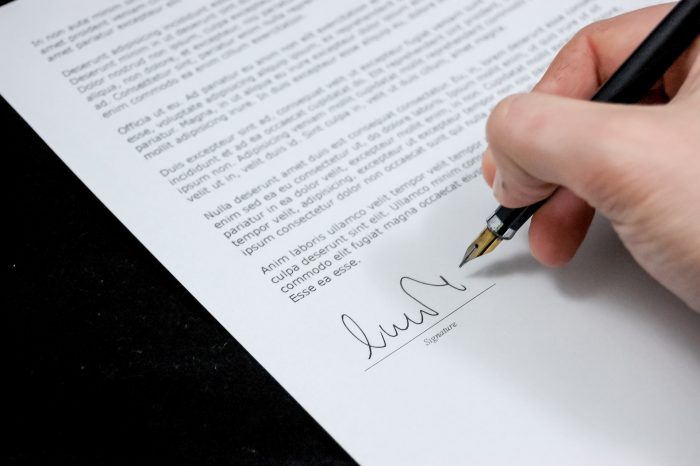
Lasting powers of attorney and deputyships
A Lasting Power of Attorney is a legal document that lets you appoint one or more people, known as ‘Attorneys’, to make decisions on your behalf when you are unable to. You can provide guidance and place restrictions on the decisions your Attorney can make when you have lost mental capacity so that your wishes are respected.
There are two types of Powers of Attorneys:
Health and welfare
Which can be used for:
- Daily routine
- Medical consent
- Long-term care
- Social services
- Life-sustaining treatment
Property and Finance
Which can be used for:
- Paying Bills
- Bank Accounts
- Credit cards
- Pension
- Collecting benefits
- Selling your home
Powers of Attorney can only be used if they have been registered by the Office of the Public Guardian which costs £82 per Power of Attorney document.
Our experienced team can help you to make a Lasting Power of Attorney for a fixed fee.

Attorney Abusing Position
Sadly, not everyone trusted to look after the finances or welfare of someone lacking mental capacity acts in their best interests.
Where a person is abusing their power of attorney, our solicitors can advise and investigate their actions with a view to reclaiming lost assets, voluntarily retiring as Attorney or as a last resort applying to the court to revoke the power of attorney.
Court of Protection
If your loved one lacks the capacity to manage their property and finance (and is incapable of making a Lasting Power of Attorney) then there is nobody legal authorised to access bank accounts, liaise with utility companies or sell property.
To manage that individual’s finances you will need to make an application on designated forms to the Court of Protection which is the branch of the Court that deals with the affairs of people who lack the mental capacity to make decisions for themselves about their personal property and financial affairs or health and welfare.
We have extensive experience of making Court of Protections and of acting as Deputy for numerous individuals. We can ensure all the procedural hurdles are dealt with properly and promptly and your responsibilities to the Court met.

FAQs

Disputed Applications and Deputy complaints
Unfortunately, disputes among family members about the appointment of Attorneys or Deputies, or the actions of Attorneys or Deputies, can sometimes arise. These can be difficult and daunting to deal with.
Anyone who is aware of a possible misuse of powers by a Deputy can notify the Office of the Public Guardian (OPG) and they will carry out an investigation into the alleged abuse. The matter will be referred to the Court of Protection for consideration who can make an order to suspend, discharge or replace a Deputy.
When these disputes come before the Court of Protection, specialist advice is required to manage the complexities of the Court’s procedure and practice. Our experience enables parties bringing disputes before the Court to present them reasonably and effectively. We will also try to assist in a settlement without the need for a hearing, if at all possible.

